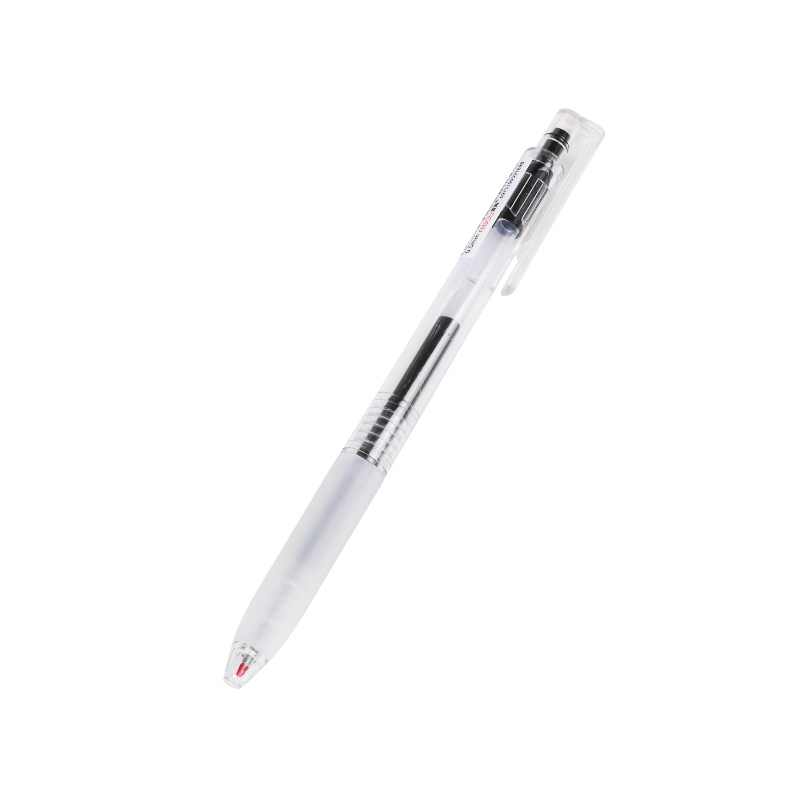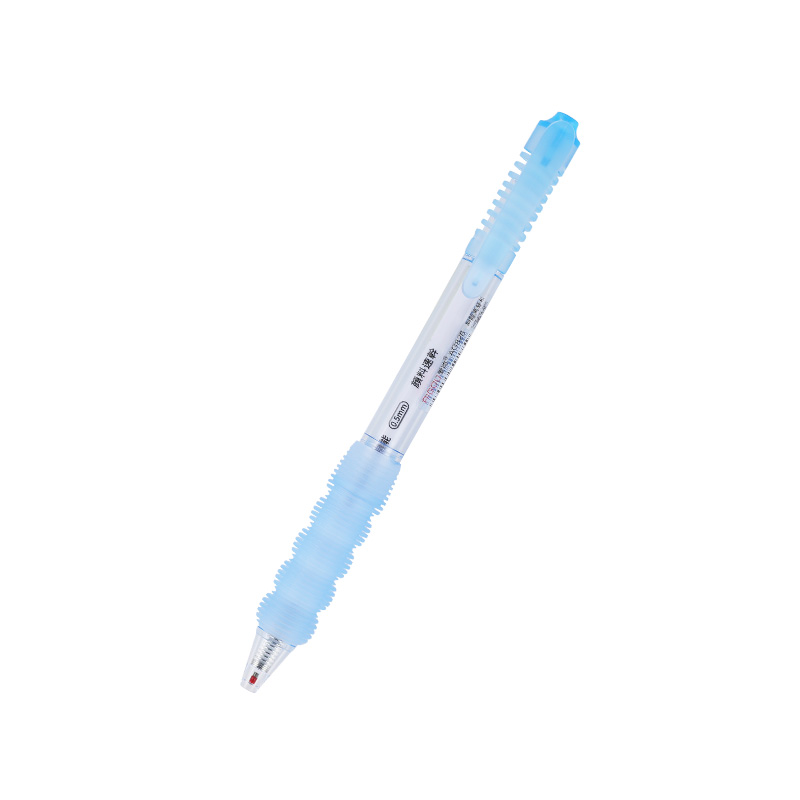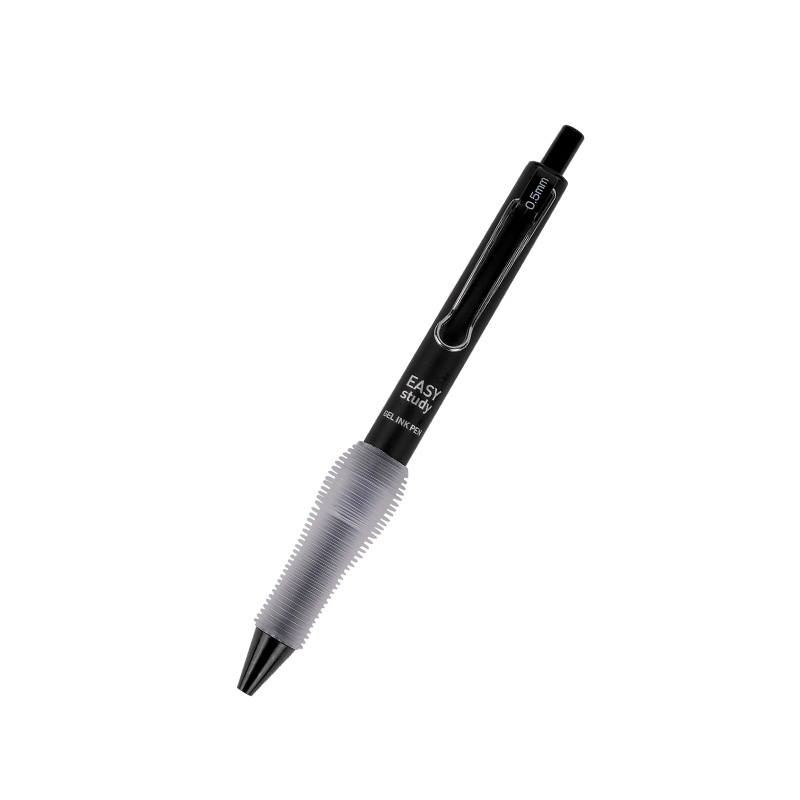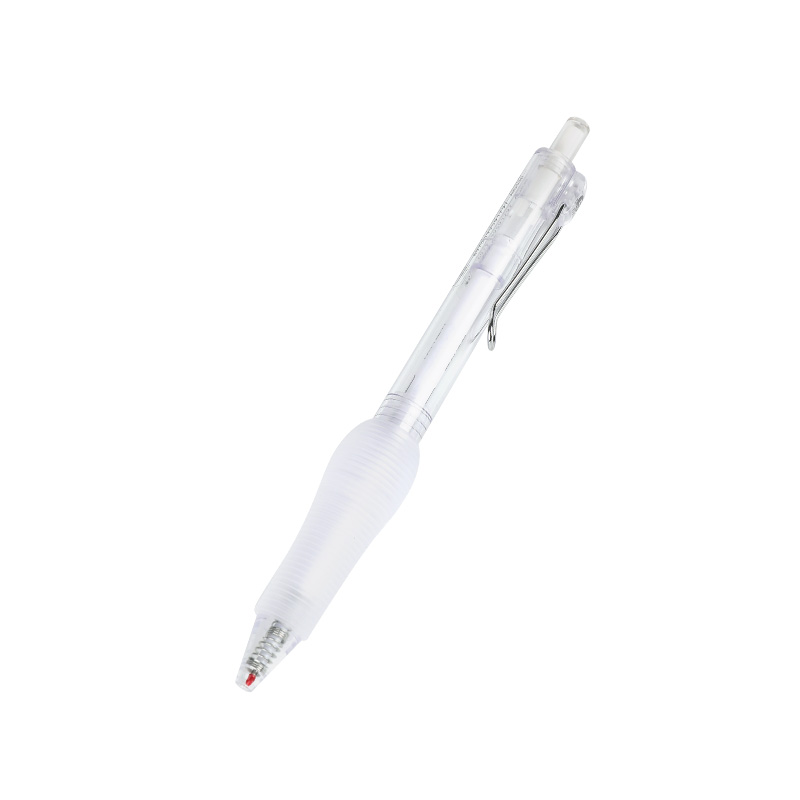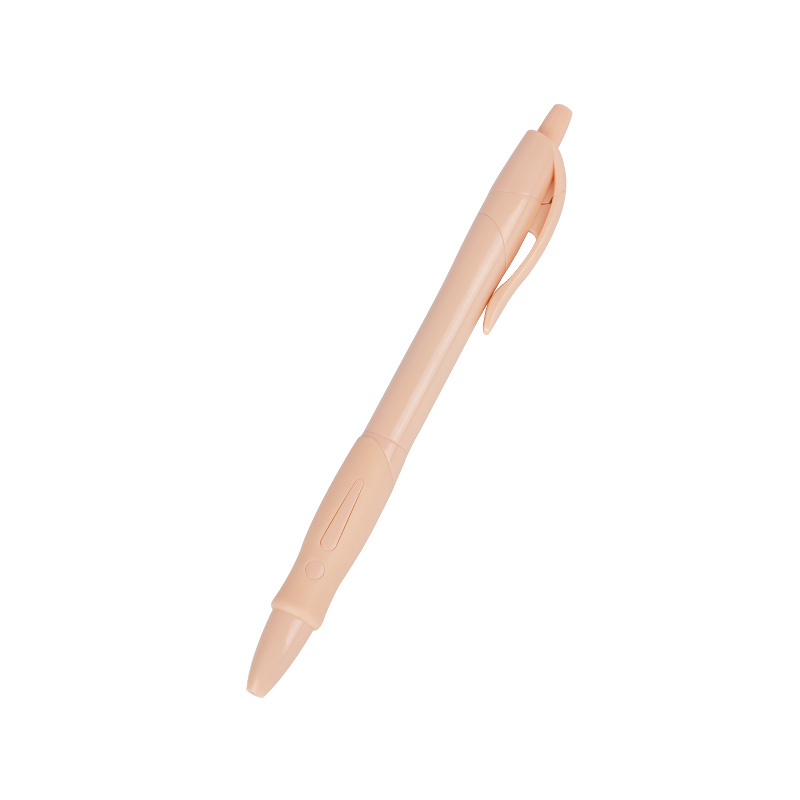How To Choose The Right Stationery Pen For Writing?
Whether you're taking notes, sketching ideas, or highlighting important points, having the right stationery pen can make a noticeable difference in your writing experience. With so many options available, it can be challenging to know which one is to your needs. This guide will help you navigate the key factors to consider when selecting a stationery pen that works for you.
Think about how and where you plan to use your pen. Are you writing on paper, a whiteboard, or other surfaces? Different situations call for different types of pens. For example, if you often use whiteboards in meetings or classrooms, you might prefer dry-erase markers. These pens are designed to write smoothly on glossy surfaces and can be erased easily, making them ideal for dynamic settings where information changes frequently.
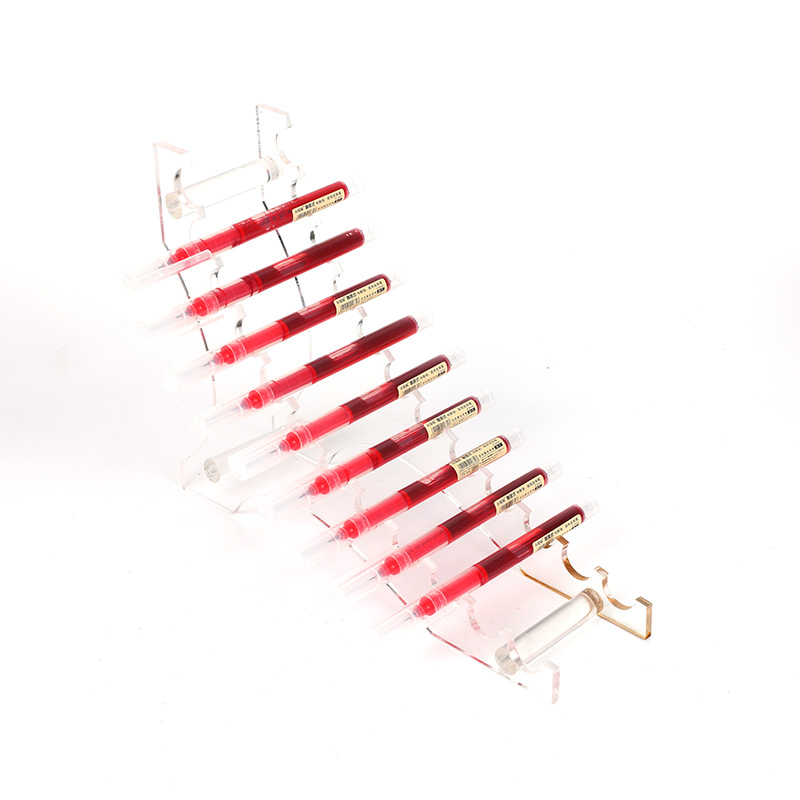
Another important factor is ink type. Pens come with various ink formulations—ballpoint, gel, permanent, water-based, and more. Ballpoint pens are reliable for everyday writing. They're often water-resistant and work on many surfaces. Gel pens, on the other hand, offer richer color and a smoother feel, which can make writing more enjoyable. If you need something waterproof for outdoor use or labels, a permanent marker or a specialized waterproof pen would be more suitable.
Comfort is also key. If you write for long periods, the grip, weight, and balance of the pen can affect hand fatigue. Test different models to see what feels good in your hand. Some people prefer lightweight pens with rubber grips, while others like a bit more heft for control.
Don't forget the tip size. Fine tips are great for detailed work and small handwriting, while broader tips can make your text stand out and are better for filling out forms or headlines.
It's worth noting that not all pens are created equal. The quality of a stationery pen often depends on the stationery pen manufacturer. Reputable manufacturers pay attention to ink flow, tip durability, and overall construction. A good stationery pen manufacturer will typically use consistent control, resulting in a more reliable product.
If you use your pen in environments where water exposure is likely—like labs, warehouses, or outdoor spaces—look for pens labeled as waterproof. These are made with ink that resists smudging and fading when wet. A trusted stationery pen manufacturer will often specify whether a pen is water-resistant or waterproof.
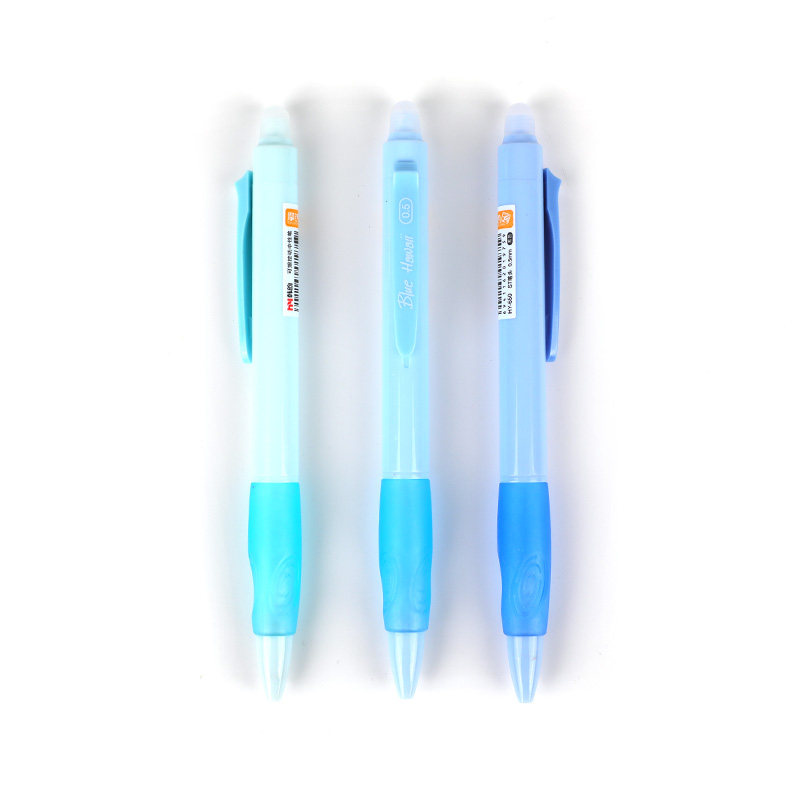
For those who value sustainability, some manufacturers now offer refillable pens. This is not only eco-friendly but also cost-effective over time. Choosing a stationery pen from a stationery pen manufacturer that emphasizes recyclable or refillable options can be a small but meaningful way to reduce waste.
Color variety might also influence your decision. Whether you're organizing notes, creating art, or color-coding tasks, having multiple color options can boost both functionality and creativity. Many stationery pen manufacturer brands offer sets with diverse color palettes.
If you're buying in bulk for an office or school, it's practical to contact a stationery pen manufacturer directly. Some manufacturers offer custom branding or volume discounts, which can be economical for larger groups.
When testing a pen, try it on the type of paper or material you use. Some pens bleed through thin paper, while others work well. The right stationery pen should feel comfortable, perform consistently, and suit your specific use case.
The fine pen is a personal choice. Your writing style, purpose, and even aesthetic preferences will guide your decision. Take your time to experiment—sometimes the pen is one you enjoy using every day.
By paying attention to these aspects, you can find a stationery pen that not only meets your practical needs but also makes writing more pleasant. Whether you're a student, professional, or creative writer, the right tool can help you work more effectively and express yourself clearly.

